Topsoil is an essential component for any successful gardening or landscaping project. Its nutrient-rich composition provides the foundation for healthy plant growth and vibrant outdoor spaces.
However, regarding purchasing topsoil, the measurement unit of pounds can often be confusing. Many gardeners and homeowners are left wondering, “How many cubic feet are in 40 pounds of topsoil?” This question is crucial to determine the amount of topsoil needed for a specific area and to avoid overspending on unnecessary quantities.
Here, we will delve into how many cubic feet in 40 pounds of topsoil and provide a comprehensive answer to this commonly asked question. By the end, you will have a clear understanding of the relationship between weight and volume in topsoil and be equipped with the necessary knowledge to make informed decisions for your gardening and landscaping needs.

What Is Topsoil?
Topsoil is the uppermost layer of soil, typically consisting of nutrient-rich organic matter and minerals. It is essential for healthy plant growth and can be used for gardening, landscaping, and other outdoor projects. When measuring Topsoil, the weight of a bag is not a reliable indicator of how much volume it will take up.
It is important to note that this can vary depending on factors such as moisture content and the specific type of Topsoil used. When purchasing Topsoil. Cingconsulting with a professional or ring referring to the product’s packaging for more accurate measurements may be helpful.
How Many Cubic Feet In 40 Pounds Of Topsoil? Explained
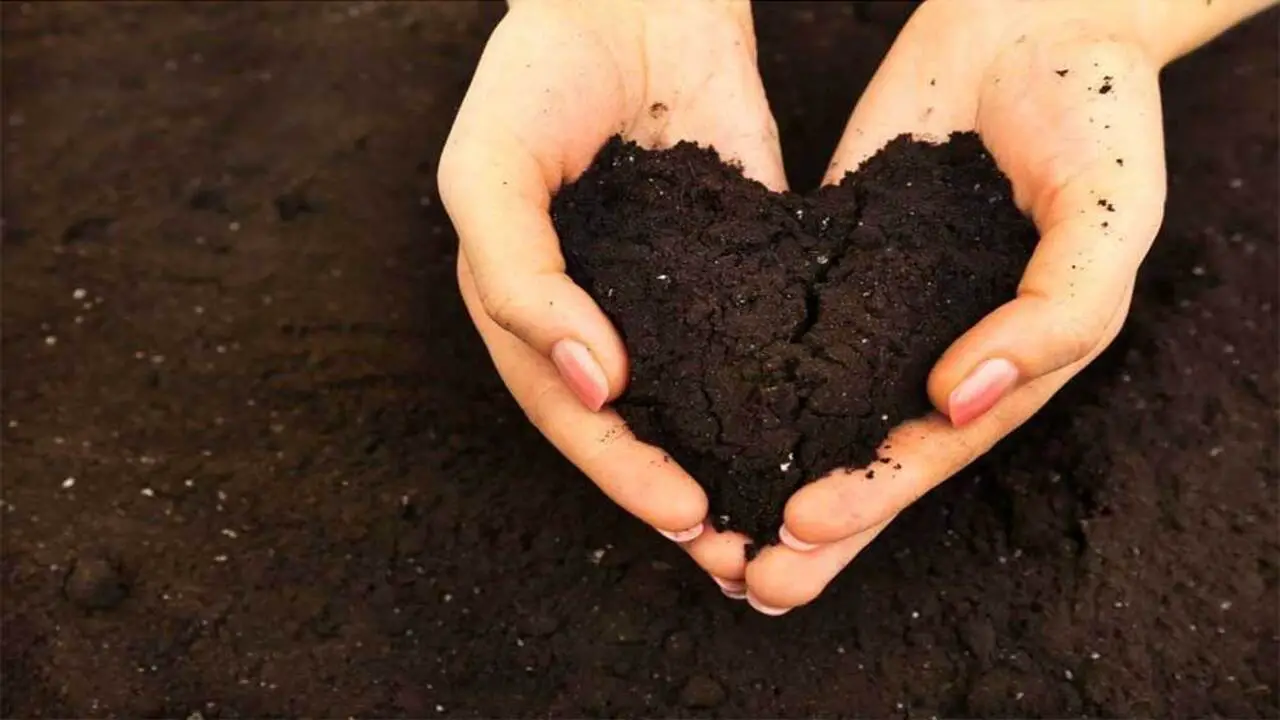
To determine the number of cubic feet in 40 pounds of topsoil, we need to know the density of the topsoil. Topsoil can have varying densities, so it’s not possible to provide a specific conversion without this information. The density is usually given in pounds per cubic foot (lb/ft³). Once you have the density. Below, we discuss in detail how many cubic feet in 40 pounds of topsoil. You can use the formula:
Cubic feet = Pounds / Density
For example, if the density of the topsoil is 80 lb/ft³, then:
Cubic feet = 40 lb / 80 lb/ft³ = 0.5 ft³
Therefore, 40 pounds of topsoil would equal 0.5 cubic feet if the density is 80 lb/ft³.
Calculating The Volume Of Topsoil In Cubic Feet
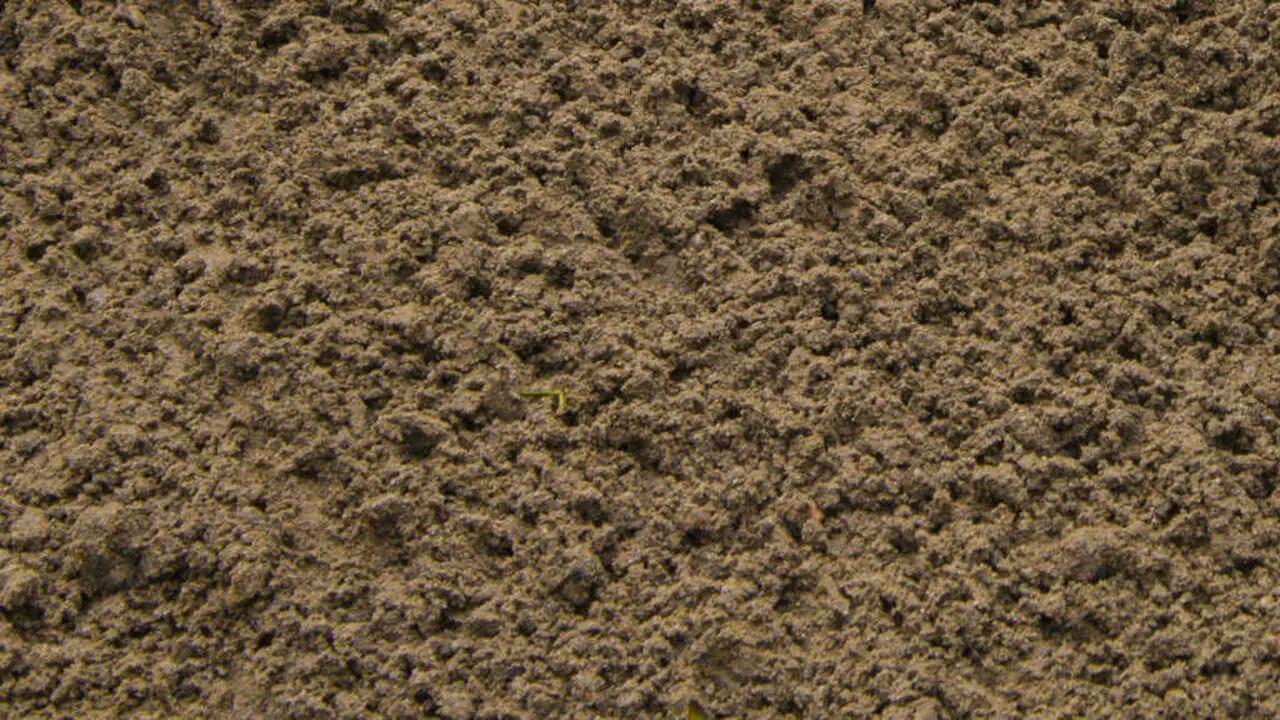
To calculate the volume of topsoil in cubic feet, you need to measure the length, width, and depth of the area you want to fill with topsoil. These measurements serve as the basis for calculating the cubic feet of topsoil needed. Once you have these measurements, follow these steps:
- Measure the length of the area in feet.
- Measure the width of the area in feet.
- Measure the depth of the topsoil needed in feet.
Once you have these measurements, multiply the length, width, and depth together to find the volume in cubic feet. The formula is as follows:
Volume = Length x Width x Depth
For example, if you have a garden bed that is 10 feet long and 5 feet wide, and you want to fill it with topsoil to a depth of 0.5 feet, the calculation would be:
Volume = 10 feet x 5 feet x 0.5 feet = 25 cubic feet
So, the volume of topsoil needed for this garden bed would be 25 cubic feet.
40lb Bags Of Topsoil In A Cubic Yard
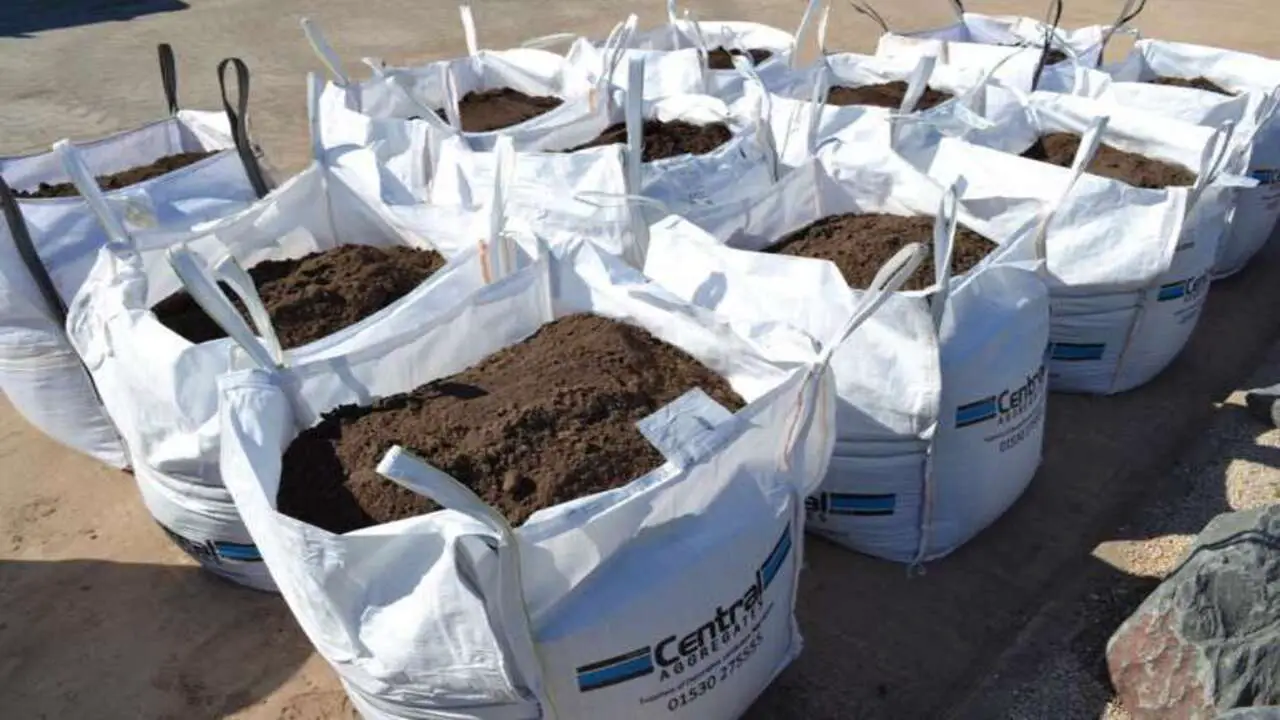
A cubic yard of topsoil is equivalent to approximately 27 40lb bags. This can be a helpful measurement to know when planning landscaping projects or determining how much topsoil you will need for your garden.
By understanding the conversion between bags of soil and cubic yards, you can easily calculate the amount of topsoil you need to purchase and ensure that you have enough to complete your project successfully. Whether you are filling raised beds, levelling a lawn, or amending existing soil, knowing the quantity of topsoil needed in terms of bags or cubic yards can save you time and money in the long run.
How Many Cubic Yards Are In An Acre?
An acre is a handy unit of measurement to describe land size. At the same time, a cubic yard is a handy unit of measurement to describe volume. Therefore, the answer to this question depends on your measuring depth. If you measured at a depth of one foot, there would be 43,560 cubic feet in an acre.
However, if you measured at a depth of three feet (typical for agricultural purposes), there would be 130,680 cubic feet in an acre. To convert this to cubic yards, divide by 27 (since there are 27 cubic feet in one cubic yard). This means that at a depth of three feet, an acre has approximately 4,840 cubic yards.
What Is The Weight Per Bag Of Topsoil?
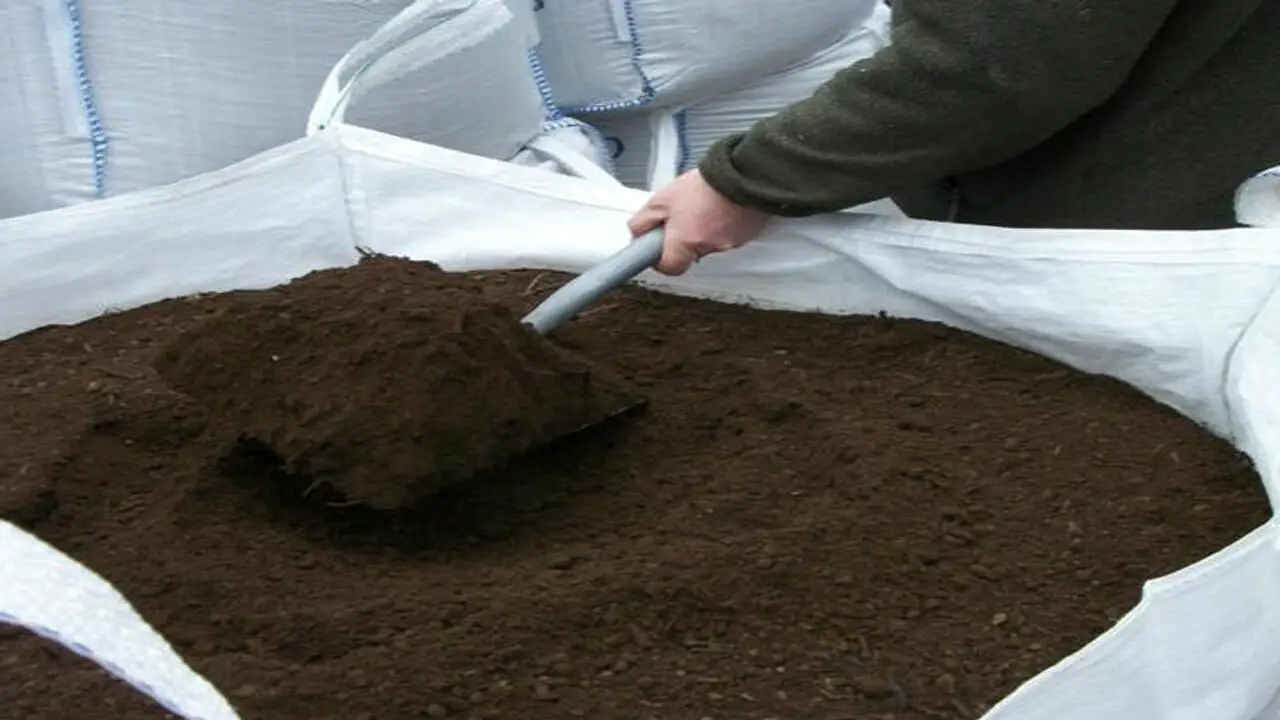
The weight per bag of topsoil can vary depending on the brand and the specific product. Typically, a standard bag of topsoil weighs around 40 pounds. However, it’s important to note that this is just an average, and the weight can range anywhere from 20 to 50 pounds per bag.
It’s always a good idea to check the product label or consult with the supplier to determine the exact weight of the topsoil you are purchasing. This will ensure that you have an accurate estimate of how much weight you will be dealing with when planning your landscaping or gardening projects.
How Many Cubic Feet In A Yard Of Soil
The answer to this question is quite simple – there are 27 cubic feet in a yard of soil calculator. This is because a cubic yard is a measurement of volume, which is equal to three feet by three feet by three feet. So, if you were to imagine a cube that measures three feet by three feet by three feet, that would be equivalent to one cubic yard.
Gardening is all about promoting plant growth and health. Topsoil is essential for achieving this, as it helps promote root development and moisture absorption. There are 27 cubic feet in a yard of soil. This measurement is often handy in landscaping and gardening to determine the soil needed for a project.
How Many Bags Of Topsoil Are In A Yard?
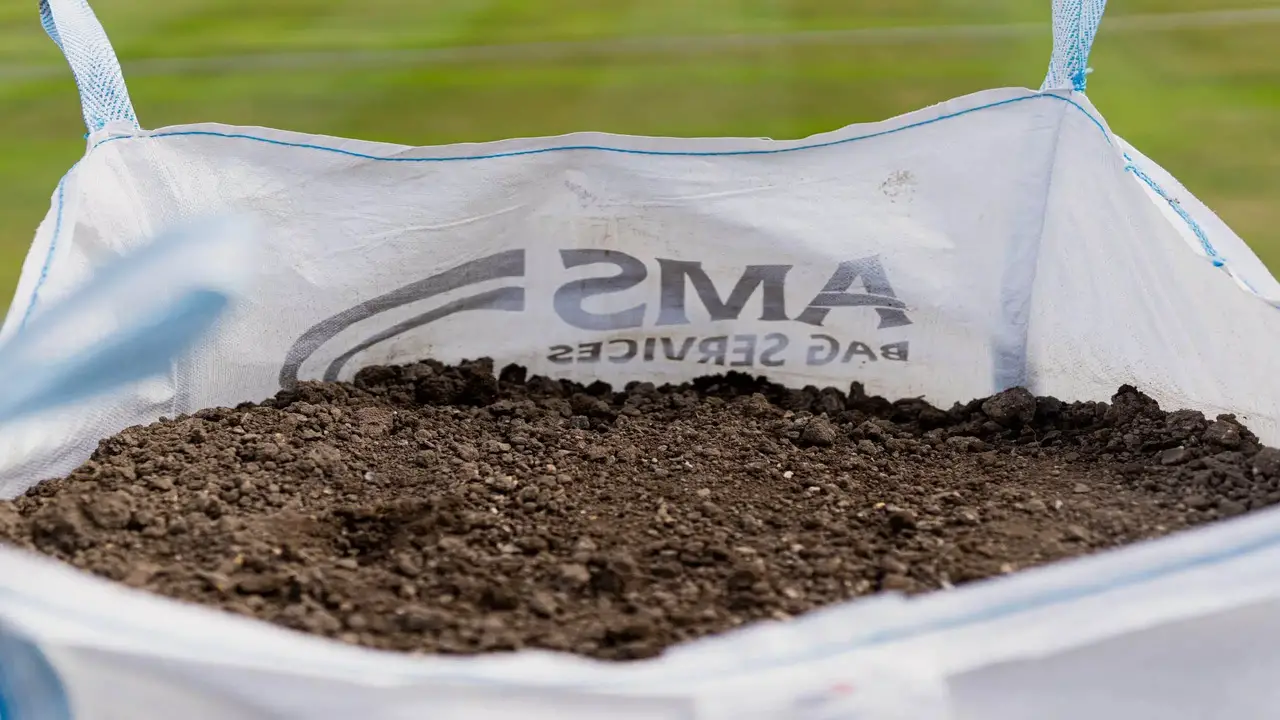
Topsoil is an essential ingredient for gardening, and it’s important to have the right amount to ensure optimal plant growth. A cubic foot of Topsoil is enough to cover an area of 2.5 feet by 2.5 feet.
To measure the number of bags in a cubic foot, divide the weight in pounds by 40. So, if someone weighs 160 lbs and wants 4 cubic yards of Topsoil, they would need to purchase 8 bags (160/40=8).
Checking the bag’s weight before purchasing is always a good idea. So you know you are getting the amount of Topsoil you need. You can buy as much Topsoil as you need to cover the area you intend to garden in because it is sold in bulk.
How Much Does A 40 Lb Bag Of Topsoil Cover
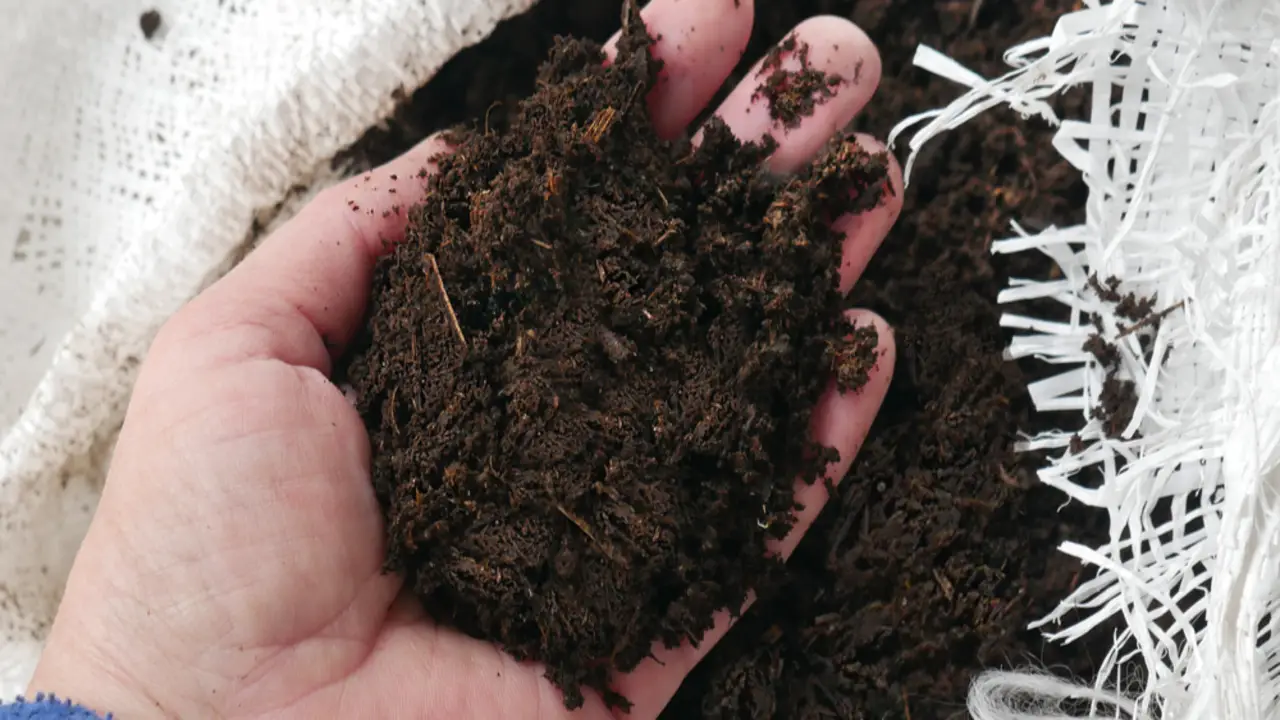
Topsoil is essential for healthy plants and soil. And it’s important to get enough of it to ensure a successful garden. The amount of feet of topsoil you require depends on the size of your garden bed and the depth you need.
For instance, a 40 lb bag of topsoil can cover approximately 12 square feet of an area with a depth of 2 inches of topsoil. However, the quality and texture of the Topsoil & the level of the ground where it will be spread can vary.
Measuring your garden beds or landscaping areas beforehand is always a good idea to ensure you purchase enough Topsoil to cover the space adequately. And if you’re unsure about how much Topsoil you need.
How Many Bags Of Topsoil In 5 Yards
To determine how many bags of topsoil are needed for 5 yards, you need to know the volume of a bag of topsoil and the conversion rate between cubic yards and bags. Unfortunately, without specific information, it is not possible to provide an accurate answer.
However, it is essential to note that the volume of a bag of topsoil typically varies depending on the manufacturer or supplier. Additionally, the conversion rate can differ based on factors such as the density and moisture content of the topsoil.
Conclusion
Understanding the measurements and conversions of topsoil can greatly benefit any gardener or landscaper. With the knowledge of how many cubic feet are in 40 pounds of topsoil, one can accurately determine the amount needed for any project and avoid any excess or shortage.
It is also important to consider the quality and composition of the topsoil when making a purchase, as this can greatly affect the success of any gardening or landscaping endeavour.
Whether you are filling a raised garden bed or creating a new lawn, knowing this conversion will save you time and money in the long run. By utilizing proper measurements and quality topsoil, one can achieve optimal results in their outdoor projects. With this information on how many cubic feet in 40 pounds of topsoil, you can also calculate topsoi.
Frequently Asked Questions
[rank_math_rich_snippet id=”s-07082012-baea-47d6-ab05-ff90b7ace86b”]

I am passionate about home engineering. I specialize in designing, installing, and maintaining heating, ventilation, and air conditioning systems. My goal is to help people stay comfortable in their homes all year long.
